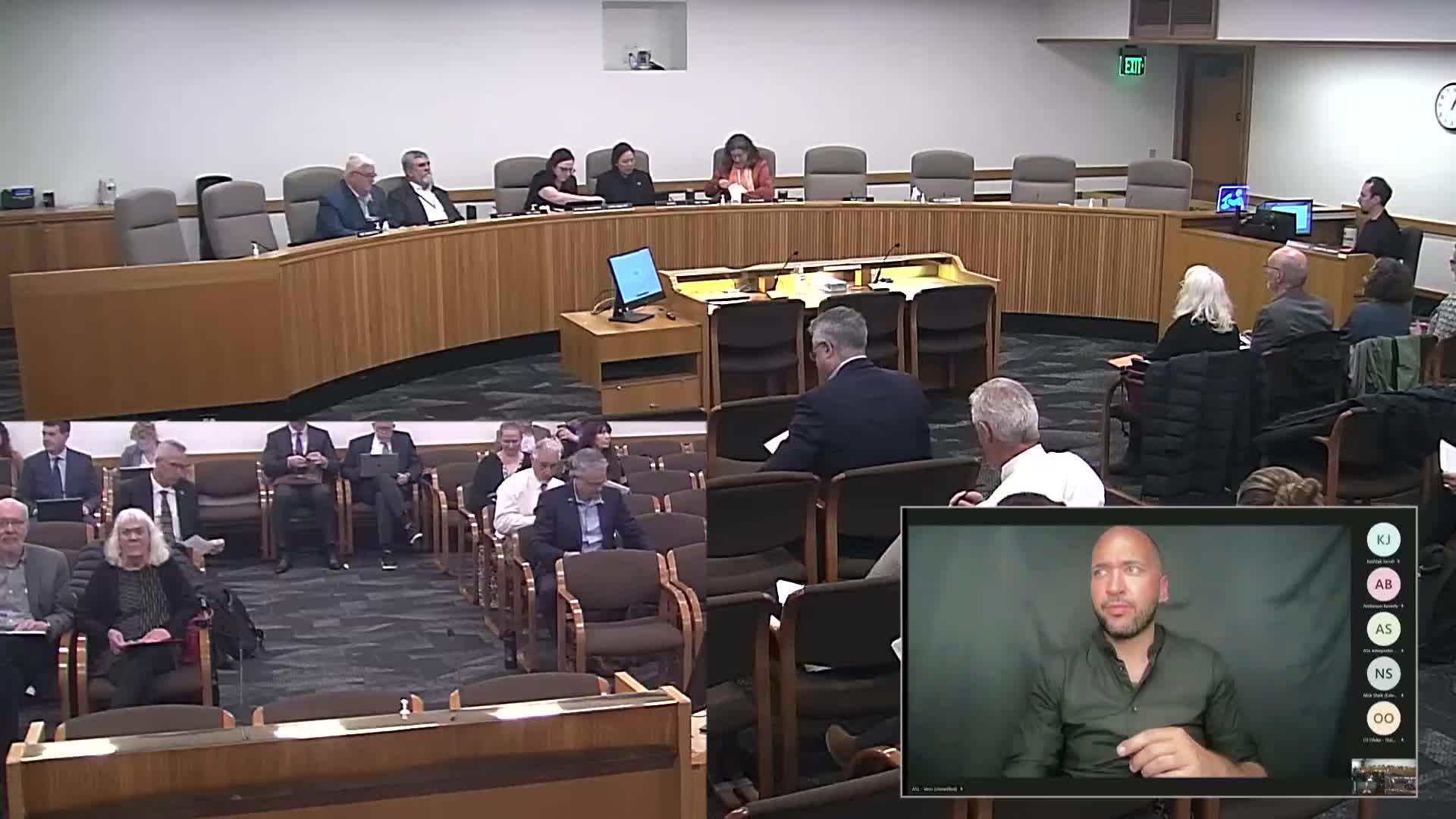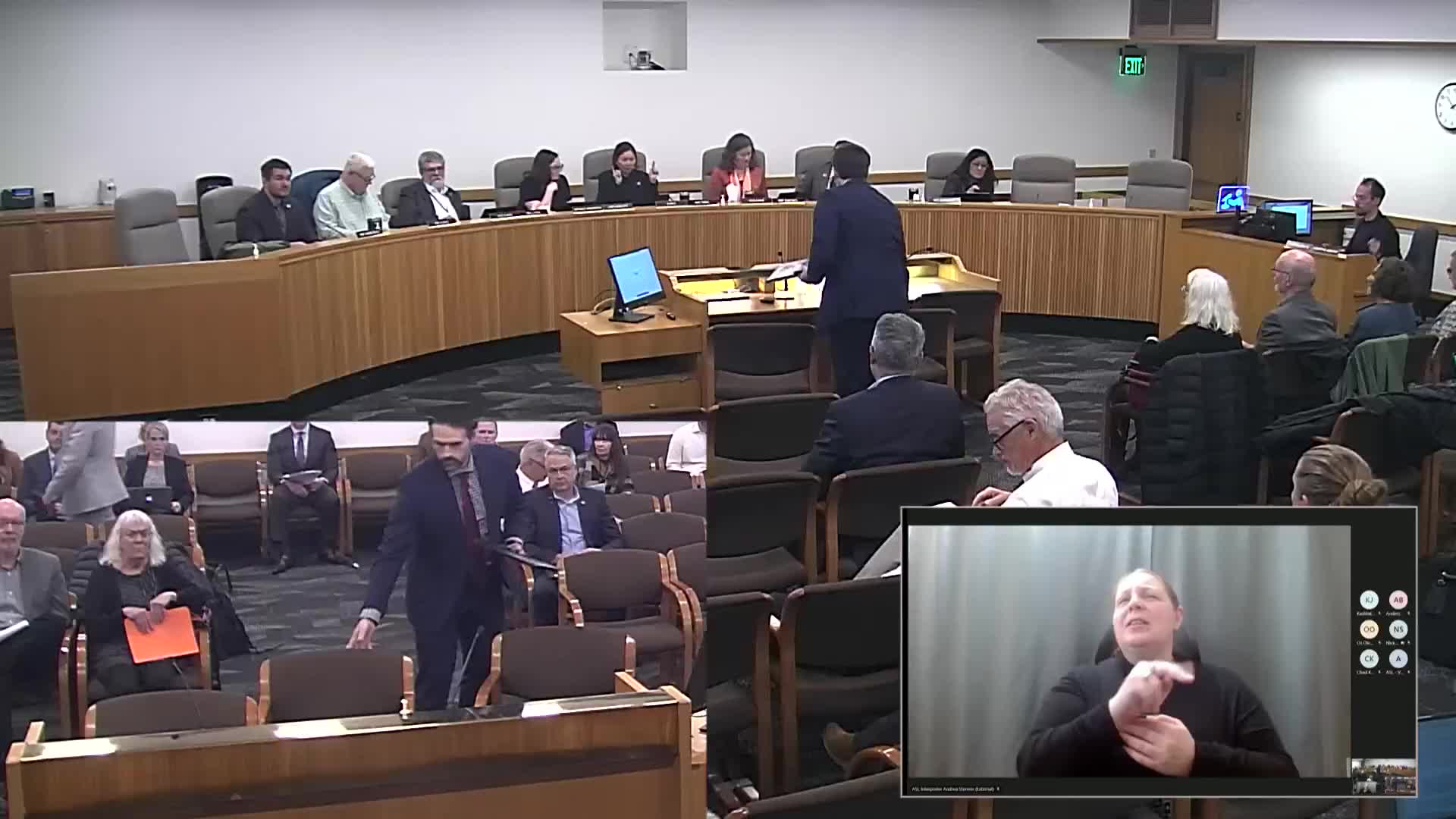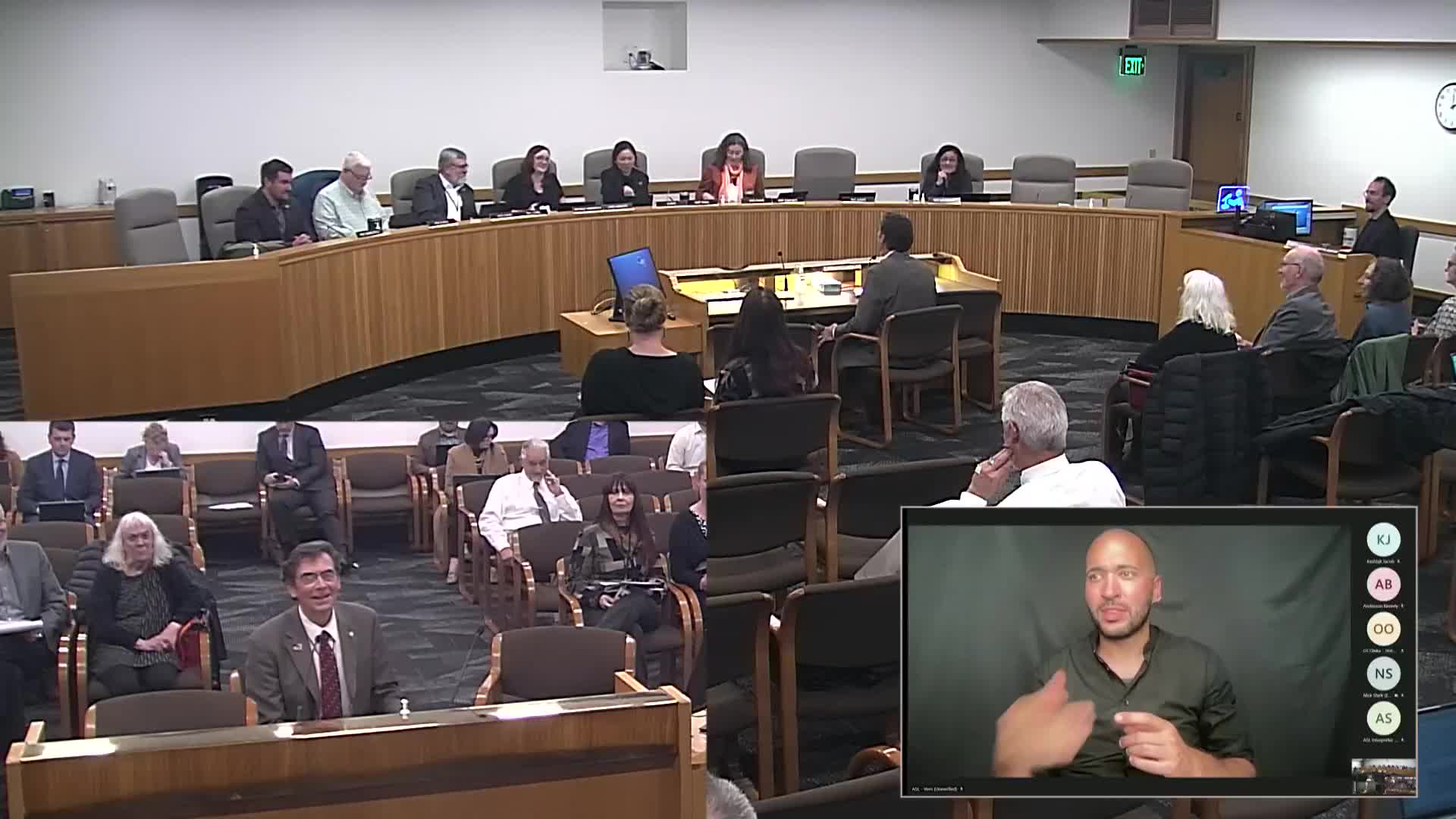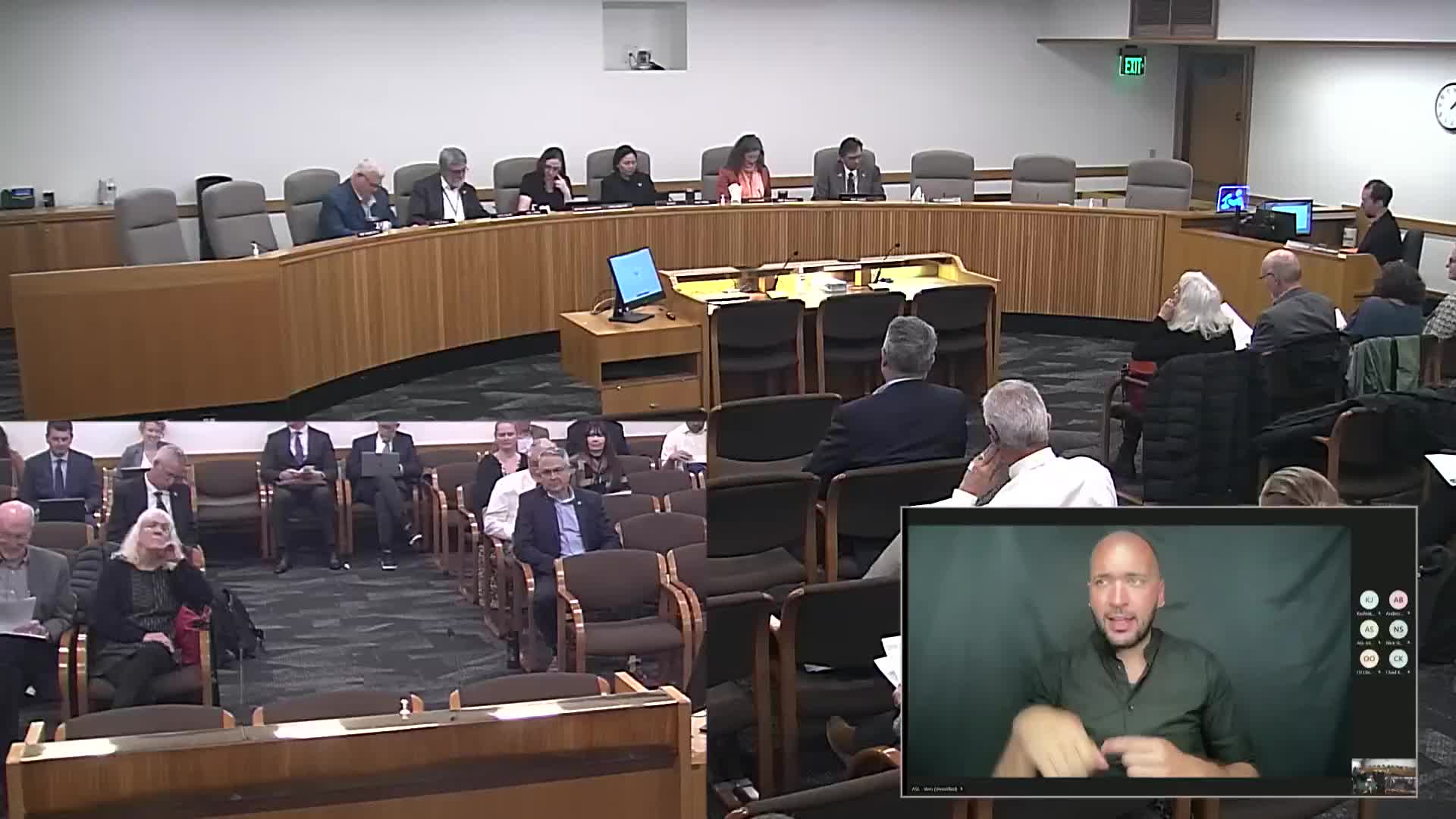Article not found
This article is no longer available. But don't worry—we've gathered other articles that discuss the same topic.

Committee advances two bills to Ways & Means and endorses a concurrent resolution

Rep. Boyce urges state backing for hyperbaric oxygen therapy for veterans under HB 3460

Rep. Graber’s bill would have DOGAMI model seismically induced hazmat plumes for emergency managers

